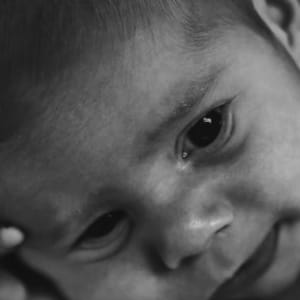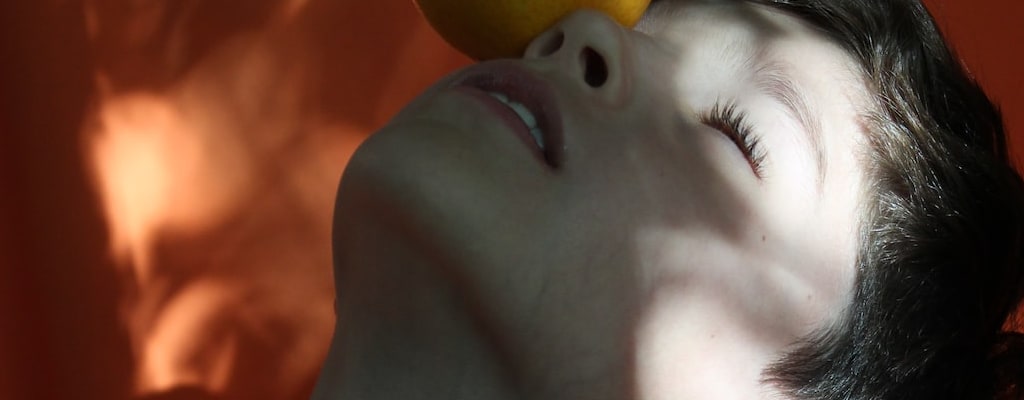eat one’s young: Idiom Meaning and Origin
What does ‘eat one's young’ mean?
The idiom "eat one's young" means to destroy or harm the offspring or the next generation, either literally or figuratively, usually due to selfishness or lack of nurturing. It implies a lack of care or regard for the welfare of one's own children or future successors.

Idiom Explorer
The idiom "take a bite out of" means to reduce or lessen something, usually by a significant amount.
The idiom "lay eggs" means to produce or create something, often used to describe the act of generating new ideas, inventions, or solutions.
The idiom "kill the goose that lays the golden eggs" means to destroy a valuable source of income or opportunity by being greedy or short-sighted.
"Kill one's darlings" means to eliminate or let go of something that one holds dear, especially in the context of a creative or artistic work, in order to improve its overall quality or effectiveness.
The idiom "gnaw someone's vitals" means to deeply trouble or torment someone emotionally or mentally, causing great distress.
The idiom "fruit of one's loins" is a metaphor that refers to a person's biological offspring or children.
The idiom "fill one's face" means to eat a large amount of food quickly and greedily.
The idiom "eat one's feelings" means to cope with emotions or stress by indulging in comfort food or excessive eating, as a way of temporarily relieving emotional pain or distress.
The idiom "eat one's cake and have it too" means wanting to consume something or achieve a certain outcome, but also wanting to keep it intact or have it for future use. It implies a desire for contradictory things that cannot both be satisfied.
The idiom "eat my shorts" is a humorous way of expressing annoyance, defiance, or disbelief. It originated from the catchphrase of a popular character on the television show "The Simpsons." The phrase is often used sarcastically or in a playful manner to dismiss someone or their ideas.
Origins Unveiled
The idiom "eat one's young" is a metaphorical phrase that is commonly used in American English. It is not a literal expression, but rather a figurative one that conveys a gruesome and disturbing image.
One key fact about this idiom is that it is often used to describe someone who destroys or undermines their own success or potential by harming or betraying those who are dependent on them, particularly their own children or protégés. The phrase suggests an act of extreme cruelty and lack of compassion.
There is evidence to suggest that the origins of this idiom can be traced back to the behavior of certain animals in the animal kingdom. Some species, such as certain snakes, spiders, and sharks, engage in cannibalism by consuming their own offspring. This behavior, although uncommon in the animal kingdom as a whole, has left a lasting impression on human culture due to its shocking nature.
It is important to note that the idiom "eat one's young" is not a common or widely used phrase. It is considered to be a rather extreme and dramatic expression, often used for emphasis or to evoke a strong emotional response. As a result, it is more likely to be encountered in literature, films, or discussions of extreme behavior rather than in everyday conversation.
This idiom serves as a powerful metaphor that highlights the darker aspects of human nature. It suggests a complete disregard for the well-being and future of one's own offspring or those under one's care. It symbolizes a self-destructive mentality driven by selfishness and a lack of empathy.
The usage of this idiom implies a critical and negative judgment of the individual's actions. It conveys a sense of shock, disbelief, and moral condemnation. The image of eating one's own young is a vivid and horrifying one that resonates deeply with the listener or reader.
Furthermore, the idiom "eat one's young" can also be seen as a cautionary tale or a warning. It serves as a reminder of the potential for destructive behavior and the need for individuals to exercise responsibility and compassion in their actions.
Another idiom that is related to "eat one's young" is "eat one's feelings". This idiom is often used to describe someone who copes with emotional or psychological turmoil by overeating or indulging in comfort foods. It suggests a temporary escape from or distraction from negative emotions through the act of eating.
Similarly, the idiom "eat one's cake and have it too" is related to "eat one's young" as it implies a selfish and irrational desire to have both the advantages or benefits of two conflicting options or choices. It suggests a refusal to make a difficult decision or commitment, resulting in a desire to have the best of both worlds without any consequences or sacrifices.
Lastly, the idiom "bite to eat" is also related to "eat one's young". It is a simple and casual way of referring to having a small meal or snack. While not as deep or metaphorical as the other idioms mentioned, it demonstrates the versatility and range of the word "eat" in different contexts.
The idiom "eat one's young" is a metaphorical expression that portrays a disturbing act of cruelty and self-destruction. Its origins can be traced back to certain animal behaviors, and it is primarily used to convey extreme acts of betrayal or harm towards one's own children or protégés. The idiom carries a strong emotional weight and serves as a powerful reminder of the darker aspects of human nature. While uncommon in everyday conversation, it is often used for dramatic effect or in discussions of extreme behavior. Despite its infrequent usage, the idiom leaves a lasting impression due to its shocking imagery and moral implications.
Example usage
Examples of how the idiom *eat one's young* can be used in a sentence:
- She was so competitive that she would metaphorically eat her young to get ahead in her career.
- The corporation ruthlessly ate its young by firing all the new employees before they even had a chance to prove themselves.
- Some politicians have been known to eat their young by sabotaging the careers of their own party members for personal gain.
More "Violence" idioms



